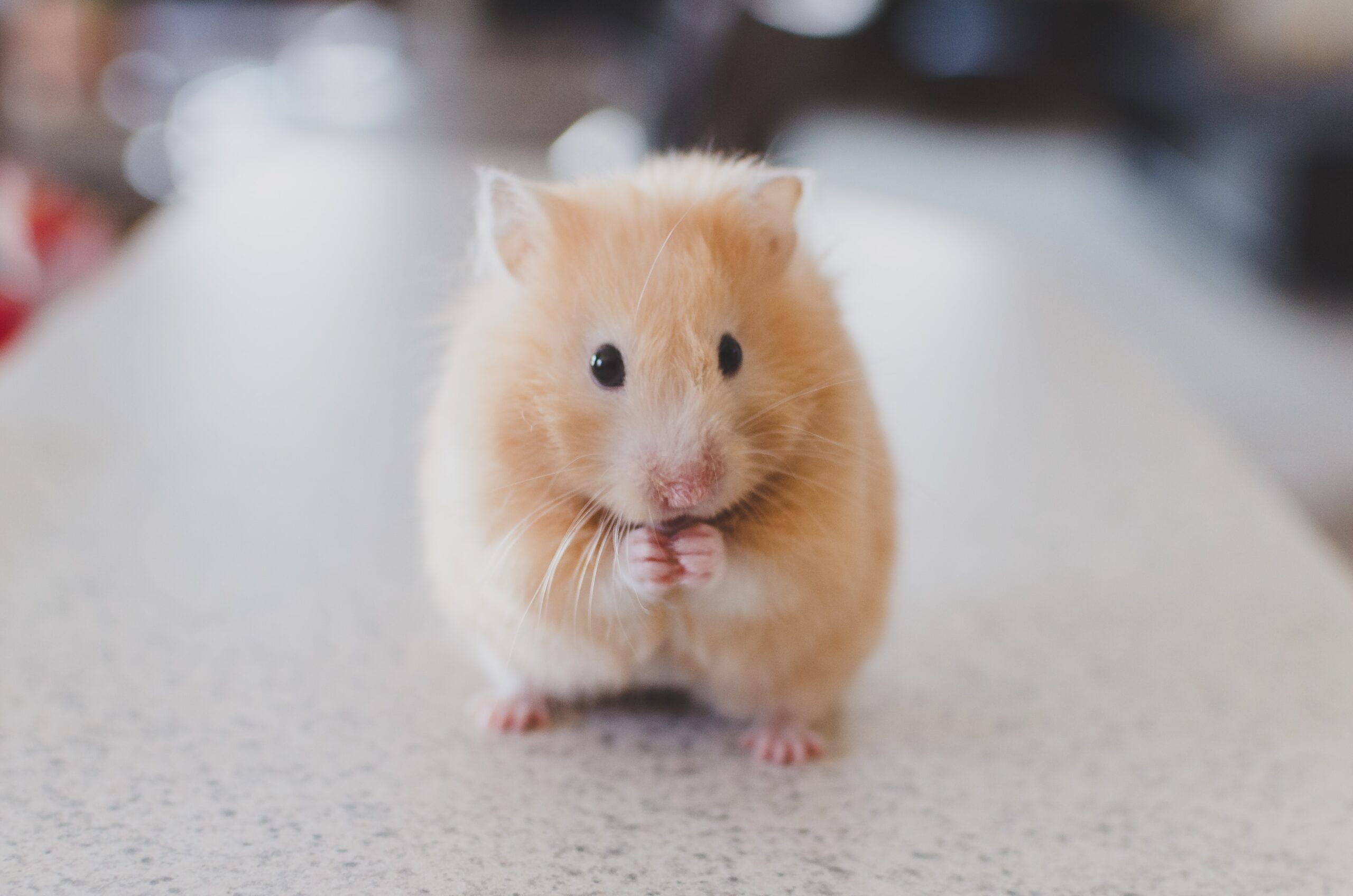
28 Jul Dealing With Guilt
A look at dealing with guilt
Guilt is an emotion and belongs with the other sad emotions like grief and loneliness. There are many types of guilt. There’s guilt for something you might have done, guilt for something you didn’t do, guilt for something you even just thought about. For the moment, let’s look at one type of guilt that I think has a strong pull when we can’t even take some time out. That is the guilt of not doing enough. Psychologists actually believe that this guilt is a sign of something called Compassion Fatigue which is a form of burn-out.
You can see compassion fatigue at work in black and white when you see someone caring for a dying relative. They may be doing everything in their power to ease the sick person’s distress, but it’s still not enough. Frankly, it’s never going to be enough. The fact that it is not enough induces a feeling of guilt that is hard to carry. This desire to help their sick relative is never going to be alleviated and there is dissonance, a gap, between what they want and what’s happening. Taken to an extreme, this is now the stress disorder of compassion fatigue.
On a more domestic, daily level our desires to help others, nurture our family and take care of loved ones mean that anything less than (unobtainable) perfection often create guilt that we are not doing enough. This feeling can be intensified when we do something for ourselves, instead of pouring ourselves into this never ending pit of wanting to help others.
Dealing with guilt around looking after ourselves
The question is, how do we deal with that feeling of guilt for taking time out for ourselves? We can attack it head on, using logic and reminding ourselves that it is the gap between what we can do and we would like to do, nothing more. It is an emotion created by this dissonance. However, that also means that we can push past it and just get on with our self-care anyway.
What could be a better approach is something of the two and try to look at the situation objectively, as if you were looking at a friend’s life. What would you sensibly expect her to do for her family and what boundaries would you suggest where she might draw the line? What combination of time and energy spent on others and on herself would you suggest?
This isn’t necessary a prescription for the actual feeling of guilt, but it may help to know that what you are feeling is the emotion created by a desire to do more. A desire that could never be completely fulfilled anyway.
Another thing to recognise about guilt is that it doesn’t have to be self-destructive. It can make us think about using our time with loved-one in a more quality way, for instance, getting out and doing a bike ride together rather than sitting on the sofa playing on your phones.
Use it as a marker that says you need to give what’s going on a little thought.
If you’d like to throw a light on your own feelings of guilt and what might soothe them, please book a no-cost call with me here, or contact me here.
